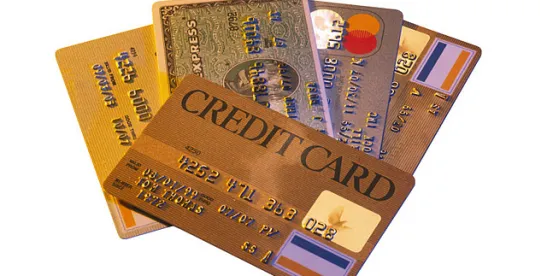NetSpend Corporation has reached a settlement with the U.S. FTC about the FTC’s claims that NetSpend’s advertisements deceived consumers about the availability of funds deposited on general purpose reloadable prepaid cards (GPR Cards).
On its website, NetSpend indicates that its target customers are those without a traditional bank account or who “rely on alternative financial services.” According to the FTC’s November 2016 complaint, NetSpend’s advertising promises “guaranteed approval” and “immediate access” to funds that are “always available.” Instead, the complaint alleges, cardholders experienced delayed or denied access to funds on their GPR Cards and NetSpend depleted account balances by charging inactivity fees and often delayed resolving and providing provisional credit for account errors. The FTC also noted in its complaint that thousands of customers “complained about NetSpend’s practices to government authorities, Better Business Bureau and NetSpend itself.”
Under the terms of the settlement, NetSpend agreed to pay $53 million, $40 million of which will be refunded directly to consumers. The settlement also requires NetSpend to remediate the deceptive advertising about its GPR Cards.
Acting FTC Chairman Maureen K. Ohlhausen issued a dissenting statement in which she argues that NetSpend’s advertising, taken in context, is not deceptive because “reasonable consumers” would understand that “immediate access” refers to the “timesaving benefits of direct deposit” over paper checks. She also argues that the link between the monetary penalties and the deceptive conduct is lacking without evidence that some NetSpend customers abandoned their GPR Cards because of the deceptive advertising.
Given the uncertain future of the CFPB in the Trump Administration and the recent CFPB proposed rule to delay for six months (to April 1, 2018) the effective date of its Prepaid Accounts Final Rule, the future of regulation in the prepaid industry is unclear.



 />i
/>i

